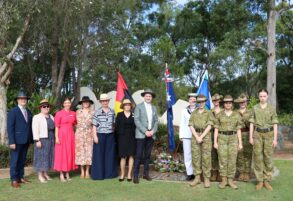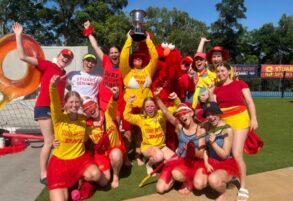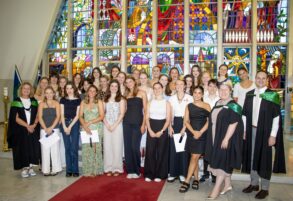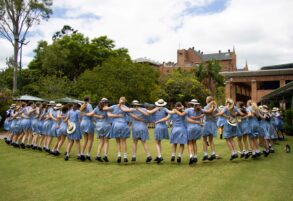Preparing for Maths Exams
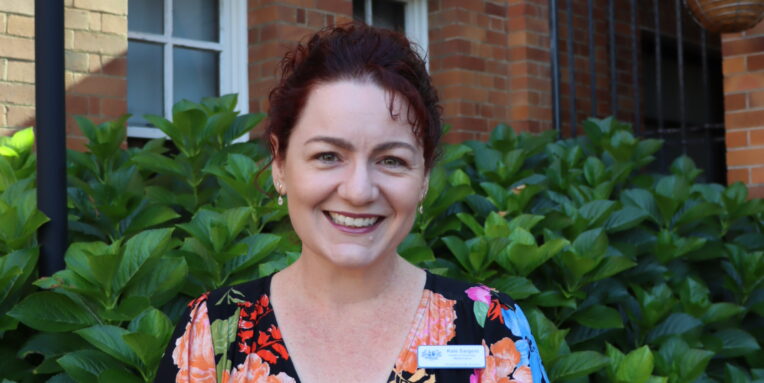
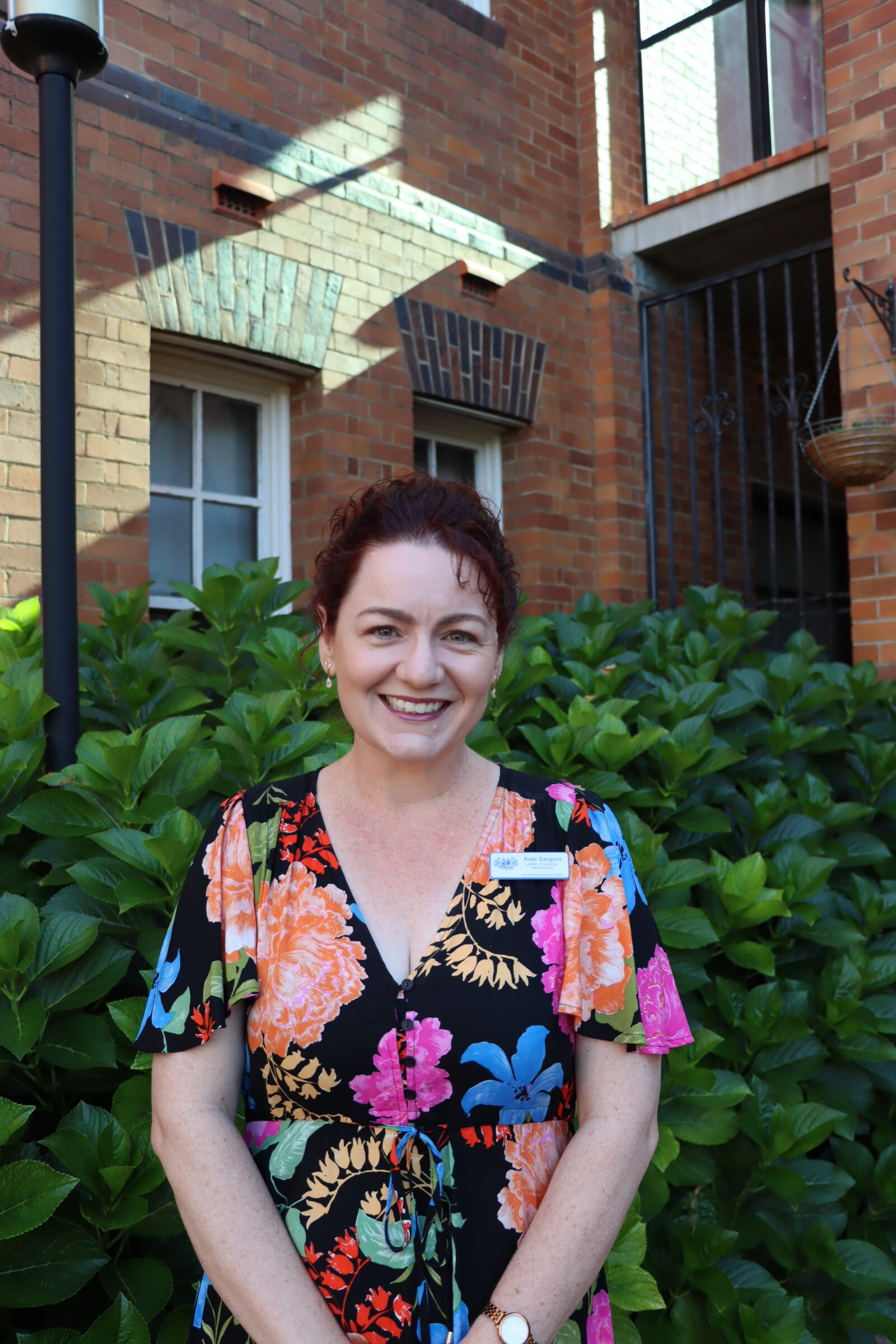
“We didn’t learn how to do that!”
Often when students complete Maths exams, some can be disheartened when they are confronted with questions that don’t appear to corelate with what was taught in the classroom. As we approach our first Assessments for Reporting (AFR) in Years 7, 8 and 10 Maths as well as Year 11 Essential, General and Specialist Maths, it is timely to be reminded of the way the questions are structured in Maths exams.
Examinations are developed in the ratio of 60% Simple Familiar questions, 20% Complex Familiar questions and 20% Complex Unfamiliar Questions. Familiar questions have been the focus of prior learning and the process to answer the question is obvious. Simple questions are straight forward, utilising one or two techniques to determine an answer, where complex questions tend to be multi-stepped. In complex unfamiliar questions, the procedure to apply isn’t immediately identifiable. QCAA states that these questions can have connections across domains of mathematics and the information required to solve the problem is not clear and in a context where students have had limited prior experience.
While we often look at these questions as a challenge, it can be beneficial to rather treat them as an opportunity to enhance the problem-solving skills our students will require post schooling. How often are we confronted with a problem either at home or in the workplace for which we are not prepared?
The way to improve in our ability to complete these questions, or any maths concept, under exam conditions is to practise. These questions are given to students to complete in the classroom, used as explicit teaching/learning opportunities where the process and strategies to apply are modelled, as well as being included in our Assessments for Learning (AFLs) so that students have the opportunity to experience the thinking that is required under time constraints that mimic exam conditions.
I wish all students well in their preparations for their upcoming Maths assessments.
Kate Sargent
Leader of Learning – Maths



